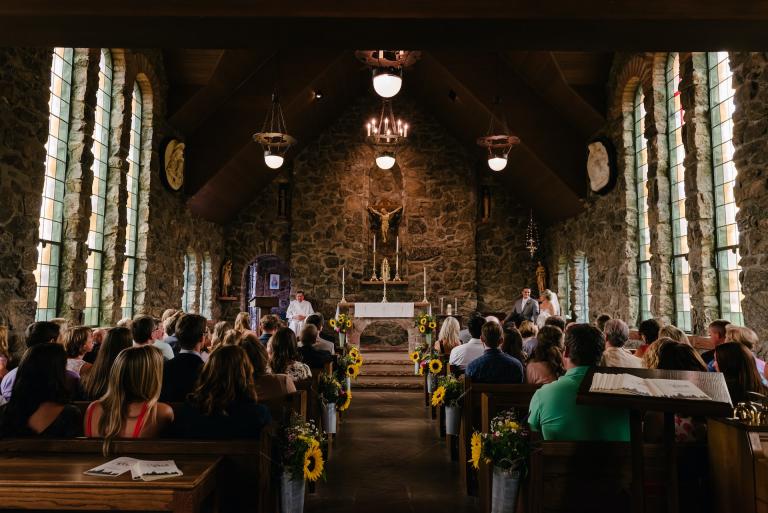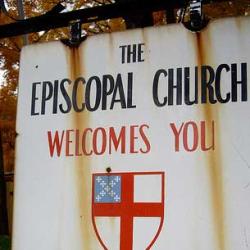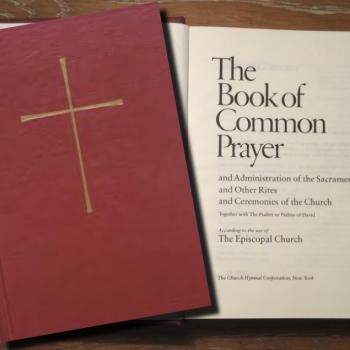A recent Facebook post prompted a wide-ranging exchange of views on what churches should and shouldn’t do when it comes to weddings. And it revealed some serious gaps in the knowledge that even lay leaders have concerning the practice of their respective traditions.
The illustration offered came from an Episcopal Church where a lay leader (the Senior Warden in this case), assured a couple that they could have their wedding in the church’s sanctuary and that they could supply their own clergy. The Rector was informed only as an after thought and obviously felt hamstrung by being put in the position of saying “no”.
The Senior Warden seemed to be completely unaware of the canons (or rules) governing worship in Episcopal Churches. As an extension of the Bishop’s ministry, the Rector is responsible for everything that happens liturgically in a church. As such, the Rector’s permission is required. It is not just a formality.
But behind those requirements, there is a logic to weddings of a theological and sacramental nature, some of which is outlined below:
- Weddings are sacraments. They are not about the legalization of marital relationships. If they were, there would be no point in churches supporting them.
- Weddings are as much about the years that follow the service as they are about the service itself. Although they do not represent the same work that God does in the life of an individual who is baptized or confirmed, they do represent another way in which the work of God’s grace is invoked on behalf of the couple.
- The congregation participates in that sacrament and vows to support the couple in their journey into the richness of that sacrament.
- As such marriage is also yet another way that a couple participates in the life of Christ’s body. That is why it is not enough to have “a church wedding”, nor is it even particularly meaningful.
- When churches or a pastor refuse to “rent the church”, it is not out of selfishness or out of personal interest on the part of the pastor. It is about preserving a vision of marriage and its place in the life of a congregation.
- For that reason, a church’s policy regarding weddings should be congruent with that mission.
- And the use that the church makes of its building should also be congruent with that mission.
- “Renting the center aisle”, then, sends the wrong message and undermines the church’s ministry.
- To be sure, one can use a wedding as an opportunity to discuss the significance of the sacrament of marriage with a couple. But the significance of the sacrament cannot be grasped by treating sacred space as a “space for hire”.
- And a couple that cannot commit to that vision should look for another wedding venue, because that is exactly what the couple is seeking and not what a “church wedding” is all about.
- Such accommodations should never be made for the sake of fund raising, which is simply a desperate compromise of principle.
- And such accommodations cannot be justified on the grounds of pastoral care because the practice of “hiring out the space” actually fosters a pastoral need, rather than addresses one.
Photo by Josh Applegate on Unsplash

















